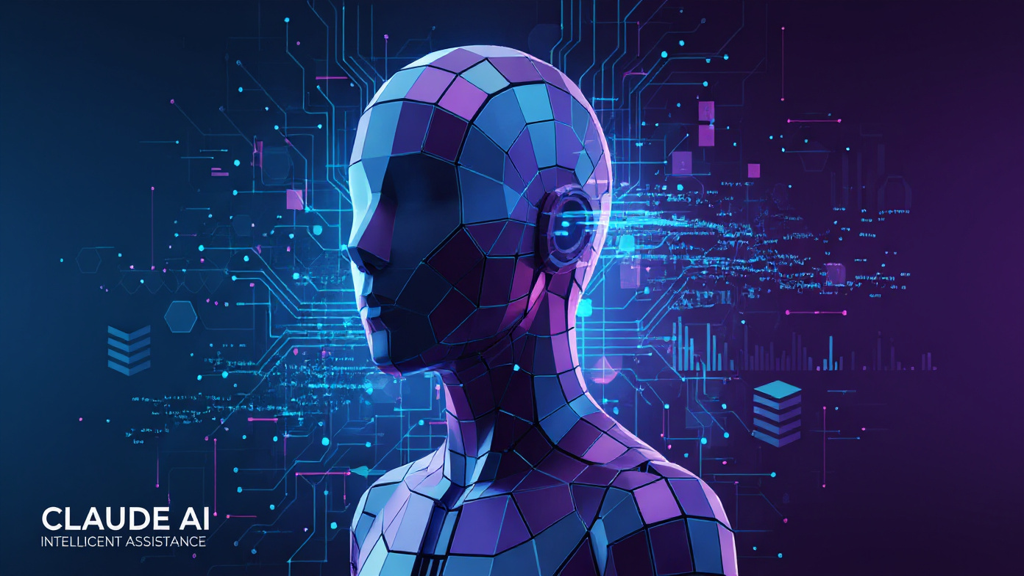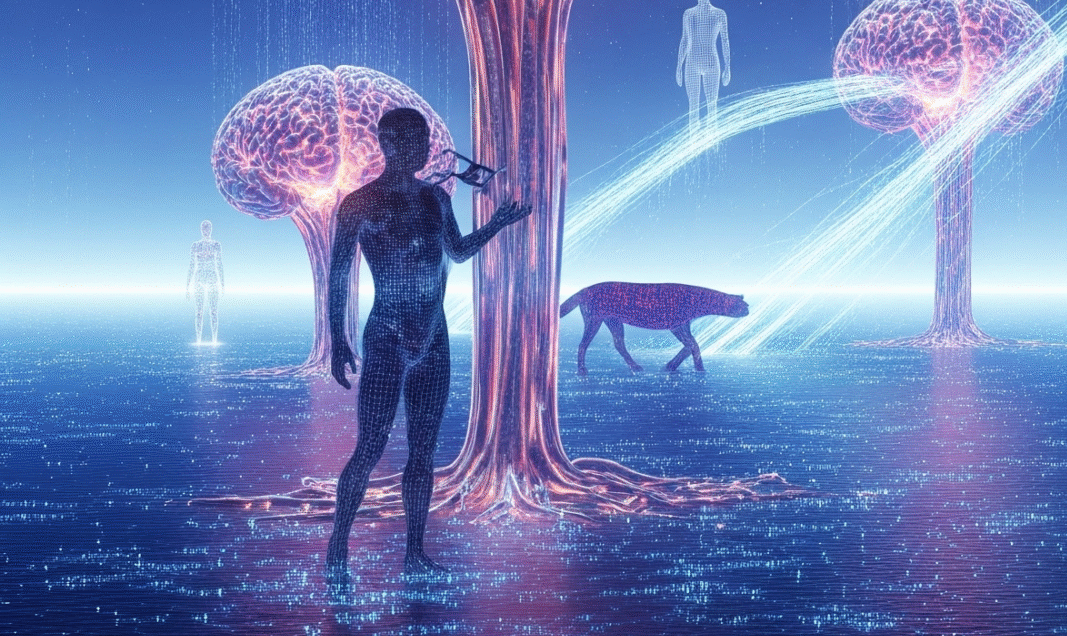The Frustration We All Know
We’ve all been there. You type a carefully worded question into a chatbot, and what comes back feels like someone reading search results at you. Useful? Sometimes. Warm? Not at all. The exchange can feel oddly mechanical—transactional, like asking a cashier for change rather than having a real conversation. That’s why when people meet Claude AI, the contrast can be startling. Instead of a brusque “here’s your answer,” Claude feels like the patient, thoughtful friend who actually gets what you’re asking—and sometimes what you’re really asking beneath the surface.
More Than a Tool, Almost a Character
Claude isn’t just another assistant built to spit out facts faster. Its design philosophy leans toward nuance, depth, and human-like attentiveness. If some AIs are like turbo-charged search engines, Claude is the brilliant research assistant who pauses, listens, and then helps you see the bigger picture. It’s less about raw speed and more about understanding the why, not just the what. That design choice shows up in the way Claude carries itself in conversation—less like a tool you command, more like a colleague you collaborate with.
The “Constitution” That Shapes Its Personality
Here’s where Claude takes a distinct turn. It’s guided by what its makers call Constitutional AI—a framework that aims to make it helpful, honest, and harmless. That may sound like marketing fluff, but in practice, it makes conversations feel safer and more trustworthy. You don’t get the sense it’s dodging hard questions or overconfidently spitting out dubious facts. Instead, Claude explains itself with a kind of quiet integrity. For users, that translates into trust—the kind of trust you don’t often think about until it’s missing.
Context as a Superpower
Most chatbots can hold a conversation for a few exchanges before they start to forget what you were talking about. Claude, by contrast, has a famously large context window—essentially its memory span. But here’s why that matters beyond the technical jargon: Claude can actually stick with you through a sprawling discussion, whether you’re unpacking a 50-page research paper or drafting a novel chapter by chapter. You don’t have to constantly remind it where you left off. That continuity makes it feel intelligent in a way that’s startlingly close to human. It’s like talking to a friend who remembers last week’s coffee chat in detail.
The Tone That Wins People Over
Then there’s the way Claude speaks. It doesn’t rush, it doesn’t grandstand, and it doesn’t default to stiff or overblown phrasing. Instead, its tone is collaborative, steady, and thoughtful. Many users describe it less like “using” an AI and more like working with one. That subtle shift—from tool to partner—may explain why writers, researchers, and developers keep singing its praises. When you’re wrestling with a tricky problem, sometimes you don’t need a rapid-fire fact dump. You need someone to think alongside you. Claude leans into that role.
In a Crowd of Heavyweights
Of course, Claude doesn’t exist in a vacuum. Its most obvious competitor is ChatGPT, which has carved out a reputation for creativity, breadth, and sheer ubiquity. ChatGPT is excellent at riffing, brainstorming, and generating quick ideas. But for those moments when depth, memory, and a calmer tone matter more than speed, Claude has carved out its niche. It’s not about declaring a “winner”—it’s about recognizing that different personalities suit different users. And Claude’s personality resonates strongly with people who value thoughtfulness over flash.
Why Thoughtfulness Matters
This all points to something bigger than technical specs. Many people feel a quiet anxiety about AI—worried about bias, misinformation, or simply being drowned in robotic responses. Claude’s measured style reduces that tension. It models what trust with a digital companion can feel like. And that matters, because long-term collaboration between humans and AI isn’t just about raw performance; it’s about comfort, safety, and sustainability. A thoughtful conversationalist doesn’t just answer your question—it makes you want to keep asking.
Looking Ahead
So here’s the real question: as AI becomes part of daily life, what will we actually value more—raw computational muscle or meaningful conversation? If history is any guide, the tools that make us feel understood tend to stick around. Claude has planted its flag firmly in that camp, pioneering a slower, steadier, more human style of interaction. And if users keep walking away from conversations with Claude feeling heard rather than hustled, that might just be the secret to winning not only queries, but hearts.




